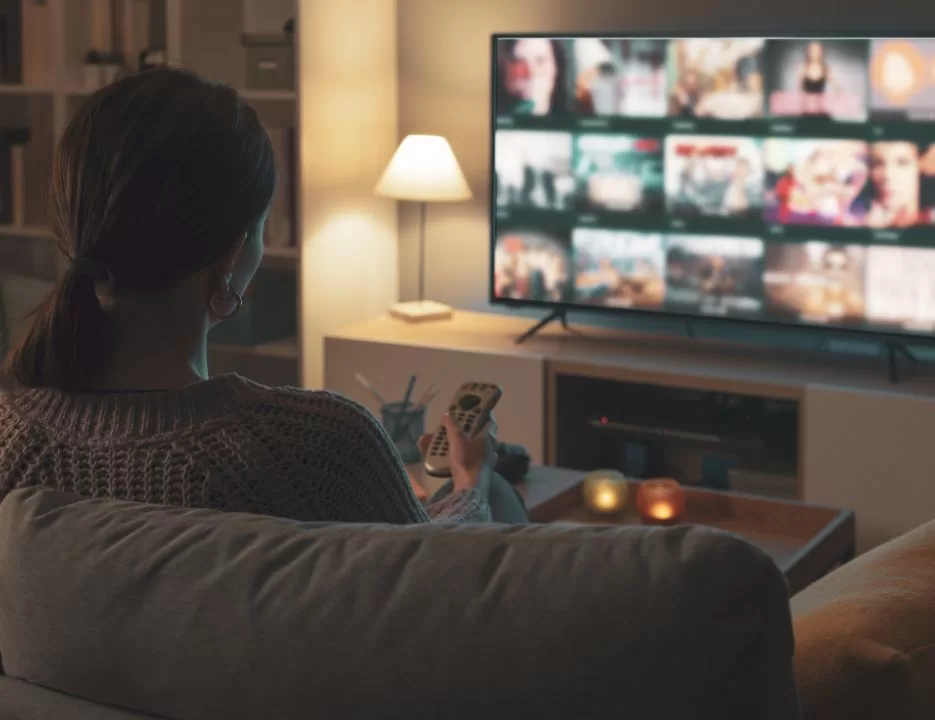
The history of television is a saga that shaped communication in the 20th century and continues to play a crucial role in contemporary society. In Brazil, the pioneering spirit of Assis Chateaubriand in the 1950s gave rise to TV Tupi, marking the beginning of the television era in the country. Since then, television has evolved significantly, moving from the era of tube televisions to LCD, plasma and LED technologies in the 1990s.
Growth and Technological Transformations
According to IBGE data, the number of households with TV in Brazil increased from 69.6 million to 71.5 million from 2021 to 2022. It is observed that 27.7% of these households had access to pay TV in 2022, revealing a significant presence of this means of communication.
The Cultural and Social Influence of Television
Over the years, television has played a crucial role in promoting cultural and ethnic diversity, reflecting the evolution of society. Iconic programs such as “Love Lucy”, “Sesame Street”, “Simpsons”, “Breaking Bad” and “Game of Thrones” marked eras and influenced attitudes and values. Television not only shaped social standards by challenging cultural norms, but also provided cultural globalization by bringing programs, films and music to audiences around the world.
Current Challenges and Opportunities
However, television faces significant challenges in the era of connectivity and unlimited supply of online content. The attention of the public, now more demanding and restless, requires innovative strategies. Interactivity and connectivity become valuable tools for maintaining public interest. Social media and connectivity offer promising opportunities for television, enabling real-time interactions and deeper engagement.
The Continuous Evolution of Television
Since the 90s, televisions have evolved into lighter models, with thin screens and high definition images. The diversification of content and the adoption of advanced technologies demonstrate television’s ability to adapt to market needs and consumer preferences. However, the industry faces ethical challenges, demanding responsibility in content creation and distribution.
Conclusion and Ethical Responsibility
Television continues to be a powerful force in shaping public opinion, with an ethical responsibility to promote diversity and representation. I highlight the importance of meticulously taking care of every detail of the content presented. With a solid career that includes notable passages in several areas, I lead the mission of keeping the broadcaster relevant and innovative.
*Leonardo Zalcman is the Director of Content and Digital Channels at PlayTV
Source: https://www.mundodomarketing.com.br/a-forte-influencia-da-televisao-no-mundo-e-suas-principais-tendencias/


